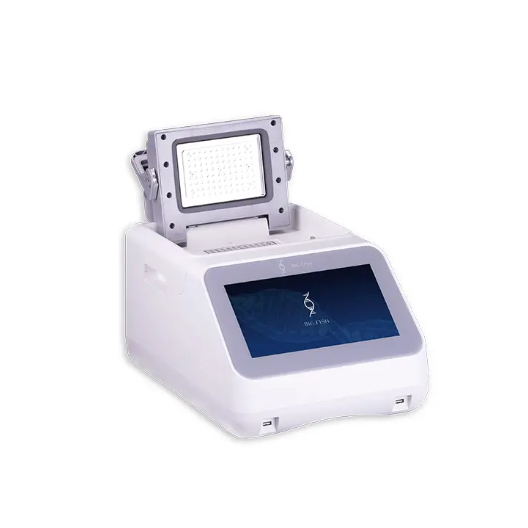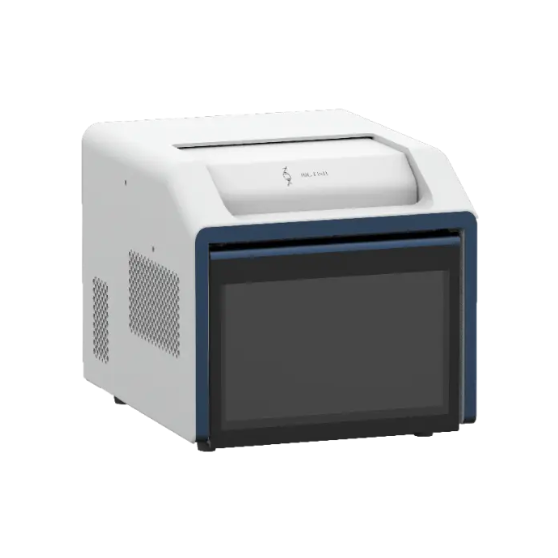The polymerase chain reaction (PCR) has revolutionized molecular biology, allowing scientists to amplify specific DNA sequences with amazing precision and efficiency. At the heart of the process is the PCR thermal cycler, a critical instrument that controls the temperature cycles required for DNA denaturation, annealing, and extension. However, the effectiveness of a PCR thermal cycler depends heavily on its calibration. This article explores the importance of PCR thermal cycler calibration and its impact on experimental results.
Calibration of a PCR thermal cycler ensures that the device operates within the specified temperature range and maintains the precision required for successful amplification. Temperature control is critical in PCR because each step of the cycle relies on precise thermal conditions. For example, during the denaturation phase, the DNA strands must be heated to around 94-98°C to separate them. If the temperature is too low, incomplete denaturation may occur, resulting in inefficient amplification. Conversely, if the temperature is too high, it may damage the DNA or the enzymes used in the reaction.
Additionally, the annealing step requires a specific temperature, which is usually determined by the melting temperature of the primers used. If the thermal cycler is not calibrated correctly, the annealing temperature may be off, resulting in nonspecific binding or complete lack of binding. This can result in low yields or amplification of unintended products, ultimately compromising the integrity of the experiment.
Regular calibration of PCR thermal cyclers is essential to maintaining reliable and reproducible results. Over time, thermal cyclers can drift from their calibration settings due to factors such as wear and tear, environmental changes, and even power supply fluctuations. Regular calibration checks can help identify these differences and ensure that the instrument is operating optimally. This is especially important in research environments where precise measurements are critical, such as in clinical diagnostics, genetic research, and forensic analysis.
In addition to ensuring precise temperature control, calibration plays an important role in the overall performance of a PCR thermal cycler. A well-calibrated machine can increase the efficiency of the PCR process, thereby increasing the yield of target DNA. This is especially important in applications with limited starting material, such as single-cell analysis or ancient DNA research. By maximizing the efficiency of the amplification process, researchers can obtain sufficient quantities of DNA for downstream applications, such as sequencing or cloning.
Furthermore, the importance of calibration extends beyond a single experiment. In regulated environments, such as clinical laboratories, strict quality control measures must be adhered to. Regular calibration of PCR thermal cyclers is often a requirement for compliance with regulatory standards. Failure to maintain proper calibration can lead to inaccurate results, which can have serious implications for patient care and treatment decisions.
In conclusion, calibration of PCR thermal cyclers is a fundamental aspect of molecular biology that cannot be overlooked. Accurate temperature control is critical to the success of PCR, and regular calibration ensures that the thermal cycler is operating within the required specifications. By making calibration a priority, researchers can improve the reliability and reproducibility of their results, ultimately advancing the field of molecular biology and its applications in medicine, genetics, and more. As the demand for precise and accurate molecular techniques continues to grow, the importance of maintaining a well-calibrated PCR thermal cycler will become even more prominent.
Post time: Mar-20-2025
 中文网站
中文网站


